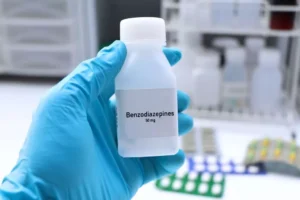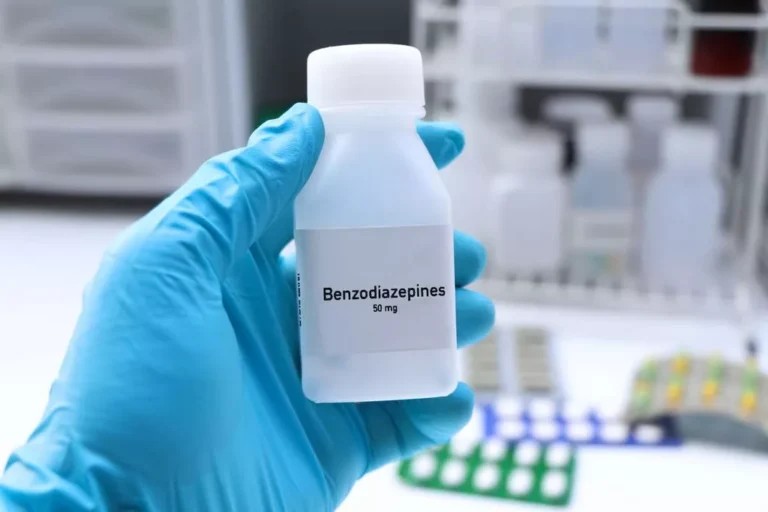
An allergic cause for persistent rhinitis is the most common. The consumption of alcohol has been linked to nasal congestion in some people. You will have the option to discuss your results with an independent physician at no extra cost. Allergy Insider is committed to providing accurate, evidence-based information to empower allergy patients and support healthcare providers. The doctor may refer the person to an allergy specialist for further testing and treatment. Anaphylaxis is a life threatening condition that involves a series of symptoms, such as a rash, low pulse, and shock.
Alcohol intolerance

If you have a true alcohol allergy, even small amounts of alcohol can cause symptoms. This is a potentially life-threatening allergic reaction. Alcohol intolerance is a temporary, but pretty uncomfortable, reaction to alcohol — with nasal congestion and flushed skin being the two most common side effects. It happens if your ALDH2 enzymes (remember those?) aren’t particularly effective at their job, or if your body just doesn’t make enough ALDH2 enzyme in the first place. In either case, the result is less acetaldehyde being broken down into acetate.
Life Kit

Steroid tablets should not be used for long periods to treat rhinitis, as sneezing after drinking alcohol serious side-effects may develop. See the separate leaflet called Oral steroids for more details. This is one of the chemicals involved in allergy reactions. A spray can be used as required if you have mild symptoms. Allergic rhinitis (be it hay fever or persistent rhinitis) tends to run in families.
General Health
If a person thinks they have an alcohol allergy, they should eliminate alcohol from their diet and consult with a healthcare professional. The enzyme diamine oxidase breaks down histamine that people consume from foods and beverages. If people do not produce enough of this enzyme, they may not break down histamine efficiently, which may lead to intolerance symptoms. An alcohol allergy occurs when the immune system overreacts to alcohol entering the body. Alcohol-induced hives can last anywhere from a few minutes to several hours, depending on the severity of the reaction and the individual’s response.
- In this procedure, they will ask you to consume a sample of your suspected trigger.
- Discuss with your doctor or pharmacist if you are pregnant or breast-feeding and have rhinitis.
- If a person thinks they have an alcohol allergy, they should eliminate alcohol from their diet and consult with a healthcare professional.
However, standardized skin testing using different types of alcohol is not currently available. There are several ways for a doctor to diagnose an alcohol allergy or intolerance, including the approaches below. An alcohol allergy and alcohol intolerance are two different conditions. The immune system usually produces antibodies to fight harmful substances in the body.

Yes, developing an allergy to alcohol later in life is possible, although rare. This can happen due to changes in the immune system or increased sensitivity to specific ingredients in alcoholic beverages, such as grains, sulfites, or histamines. It’s essential to differentiate between alcohol intolerance and alcohol allergy. Alcohol intolerance is more common and usually manifests as facial flushing, nausea, and a rapid heartbeat after consuming alcohol. This condition is often due to a deficiency in an enzyme called aldehyde dehydrogenase.

What is the difference between alcohol allergy and intolerance?
If you have an alcohol allergy, your immune system over-reacts to alcohol. If you have alcohol intolerance, your digestive system doesn’t process alcohol properly. You might also react to certain alcoholic beverages if you have a histamine or sulfites intolerance. In very rare cases, reactions to alcohol may be a sign of Hodgkin’s lymphoma.
- When we think about alcohol tolerance, we often think of the number of drinks a person can handle before getting giggly or slurring words.
- For example, barley is typically found in beer but not wine.
- People who have a true alcohol allergy should avoid drinking alcohol entirely.
- IgE is an antibody that suggests that a person may have allergies.
- One older study in people with asthma found that over 40 percent of participants said that drinking alcohol prompted allergy or allergy-like symptoms.
Does Drinking Alcohol Cause Nasal Congestion?
While some foods are broken down in the intestines, others are digested in the stomach. Alcohol does not need to pass through the digestive tract in order to be digested; rather, it is absorbed directly into the blood stream. Nonallergic rhinitis most often doesn’t cause an itchy nose, eyes or throat. You are now leaving thermofisher.com and going to a site owned and operated by an independent third party.
How does alcohol affect allergies?
Some people may find relief with diamine oxidase (DAO) supplements, which may assist your body in breaking down histamines. Read beverage labels to see whether they contain ingredients or additives you know cause a reaction, such as sulfites or certain grains. Be aware, however, that labels might not list all ingredients. One report, which the American Academy of Allergy Asthma & Immunology (AAAAI) cite, found a link between high levels of alcohol use and high IgE levels. IgE is an antibody that suggests that a person may have allergies.
Stop wondering, start testing
Antihistamines may help reduce symptoms, but if hives persist or worsen, medical attention may be needed. Some people experience allergy-like reactions to sulfites. Some types of sulfites might also trigger an asthmatic attack if you have asthma.
